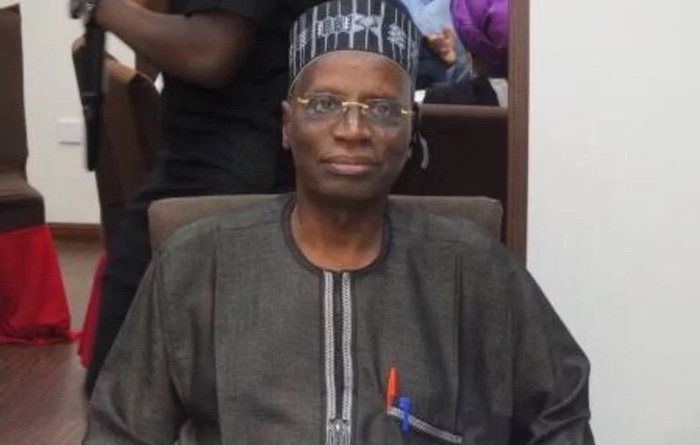A former Minister of National Planning, Shamsuddeen Usman, has lamented what he described as the “collapse of the social contract” between Nigerians and the state.
The former minister accused political leaders of prioritising their personal interests over the welfare of the common people.
Usman spoke as a panellist at a dialogue programme organised by the Nigerian Economic Summit Group in partnership with the Gates Foundation under the Nigerian Hamilton Project in Kaduna on Thursday.
The programme brought together policymakers, academics, business leaders and civil society actors to reflect on the cultural, institutional and attitudinal drivers of national development.
Usman stated that while Nigeria had recorded some gains in its democratic journey, it had failed to build the substance of governance, which he identified as integrity, accountability, citizen participation and law and order.
He lamented that although the country’s democracy had survived 26 years of transitions across governments, the core of governance remained hollow.
According to him, the absence of integrity, accountability and active citizen participation has rendered the system ineffective.
Usman said, “We achieved a lot of progress, even in terms of the fallacies of democracy. We have had 26 years of continuous changing over from one government to another, with the instruments of democracy—the three tiers of government, the three arms of government, elections, political parties—all in place. That is the form. But what about the substance? Unfortunately, that is where the challenge lies. There is no substance.”
He added, “The citizen has remained almost like a non-factor. In a book I published last year, I wrote that the social contract between the citizen and the state has broken down. In other countries, the government provides security, education and healthcare in return for taxes and civic responsibility. Unfortunately, we have lost that in Nigeria.”
Similarly, the Co-Chairman of the NESG National Economic Advisory Council and author of Development as Attitude, Prof. Osita Ogbu, argued that true progress is as much about a shift in mindset as it is about economics.
Ogbu said, “Development requires a cultural shift—from dependence to responsibility, from rhetoric to action. Until leaders and citizens alike embrace that shift, our policies will remain aspirations rather than realities.”









